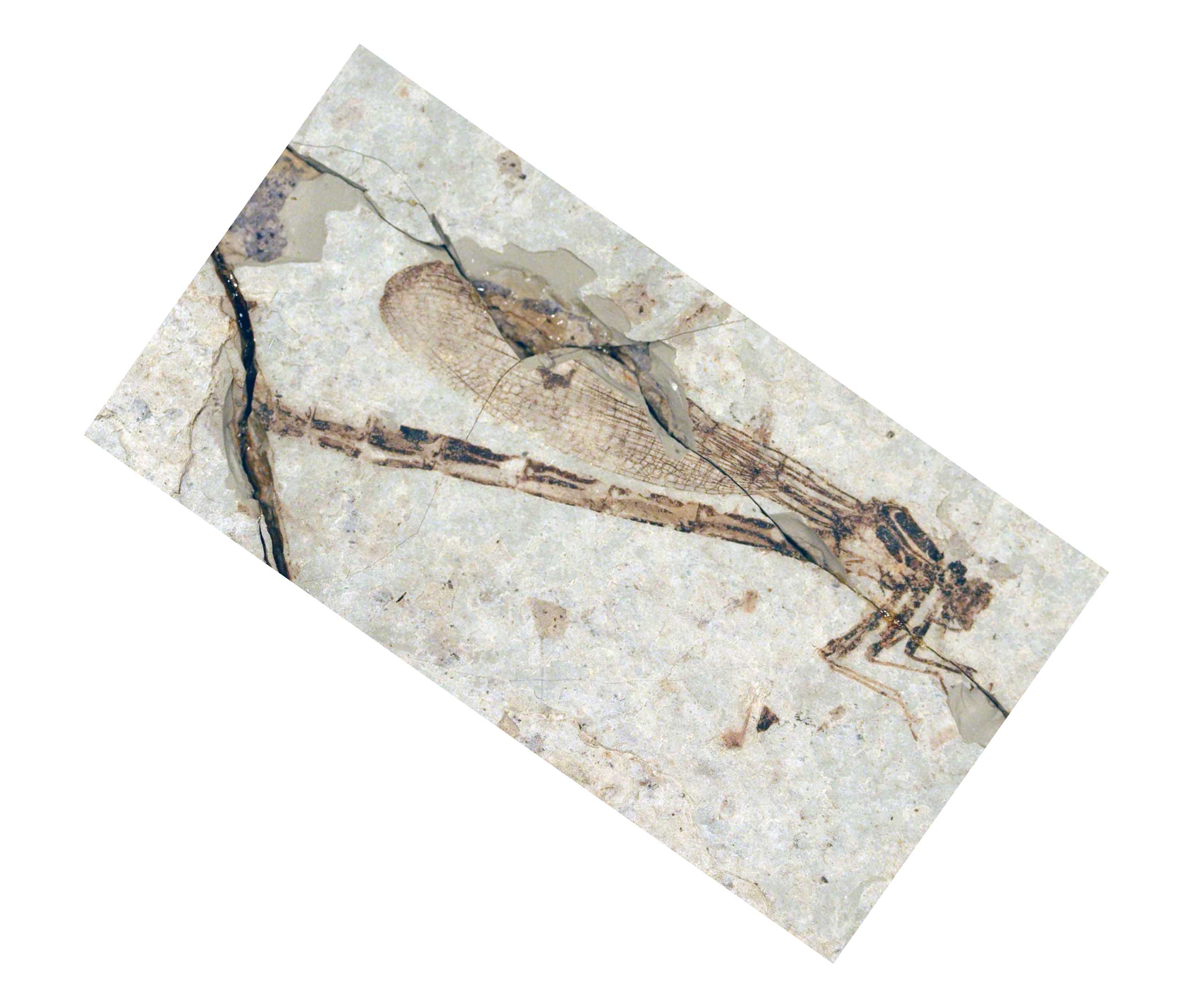Check back soon. We have some exciting educational projects in the works!

Many fossil insect records are currently available via the institutional online collections searches listed below and via the
iDigBio Portal.
American Museum of Natural History
Amber Collection.
CU Museum of Natural History
Invertebrate Paleontology Collections.
Yale Peabody Museum
Invertebrate Paleontology Collections.
Virginia Museum of Natural History
Paleontology Collections.
Three new species of Orthoptera were recently described from Columbia by Sam Heads and Nathalie Baena-Bejarano in
ZooKeys.
David Grimaldi co-authors two new papers: one describing new scale insects from Cretaceous and Eocene amber in
American Museum Novitates (
Click here), another on long-proboscid brachyceran flies from Cretaceous amber in
Systematic Entomology.
Click here for more information.
Another co-authored study by Sam Heads in
Cretaceous Research on the striking preservation of detail of specimens from the Lower Cretaceous Crato Formation in Brazil.
Click here for more information.
Sam Heads co-authors a new study on orthopteran evolution and diversification in
Cladistics.
Click here for more information.
Dena Smith and Jonathan Marcot have a new paper on the macroevolutionary history of beetles in the
Proceedings of the Royal Society of London B.
Click here for more information.
myFOSSIL Amateur Spotlight on David Kohls.
Click here for more information.
New Paper from the Heads Lab (INHS) on
Electrotettix attenboroughi.
Click here for more information.
Publications
- Arillo, A., E. PeÑAlver, R. PÉRez-De La Fuente, X. DelclÒS, J. Criscione, P. M. Barden, M. L. Riccio, and D. A. Grimaldi. 2015. Long-proboscid brachyceran flies in Cretaceous amber (Diptera: Stratiomyomorpha: Zhangsolvidae). Systematic Entomology 40:242-267.
- Barling, N., D. M. Martill, S. W. Heads, and F. Gallien. 2015. High fidelity preservation of fossil insects from the Crato Formation (Lower Cretaceous) of Brazil. Cretaceous Research 52, Part B:605-622.
- Smith, D. M. and J. D. Marcot. 2015. The fossil record and macroevolutionary history of the beetles. Proceedings of the Royal Society of London B: Biological Sciences 282.
- Song, H., C. Amédégnato, M. M. Cigliano, L. Desutter-Grandcolas, S. W. Heads, Y. Huang, D. Otte, and M. F. Whiting. 2015. 300 million years of diversification: elucidating the patterns of orthopteran evolution based on comprehensive taxon and gene sampling. Cladistics:1-31.
- Vea, I. M. and D. A. Grimaldi. 2015. Diverse New Scale Insects (Hemiptera: Coccoidea) in Amber from the Cretaceous and Eocene with a Phylogenetic Framework for Fossil Coccoidea. American Museum Novitates:1-15.
Fossil insects provide a unique deep-time record of ecological and evolutionary response to past environmental changes and therefore are invaluable for understanding the impacts of climate change on the current biodiversity crisis. Given current models of future climate change and the important role that insects play in human society (biodiversity, pests, pollination, vectors of disease) the ability to access these data and make predictions about future insect populations becomes even more urgent. The Fossil Insect Collaborative will make available all the major collections of fossil insect specimens in the United States by creating electronic specimen records consisting of digital images and associated collection data.
The digitized fossil insect collections will be made broadly accessible to the research community, K-16 education, government and industry, the general public, and the media through the project website and a central site integrating all the paleobiological Thematic Collections Networks called iDigPaleo. Mobile apps and activities that allow a wide variety of users to experience and interact directly with the collections data will be developed. This award is made as part of the National Resource for Digitization of Biological Collections through the Advancing Digitization of Biological Collections program and all data resulting from this award will be available through the national resource (iDigBio.org).
Welcome to WordPress. This is your first post. Edit or delete it, then start blogging!
